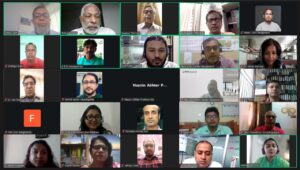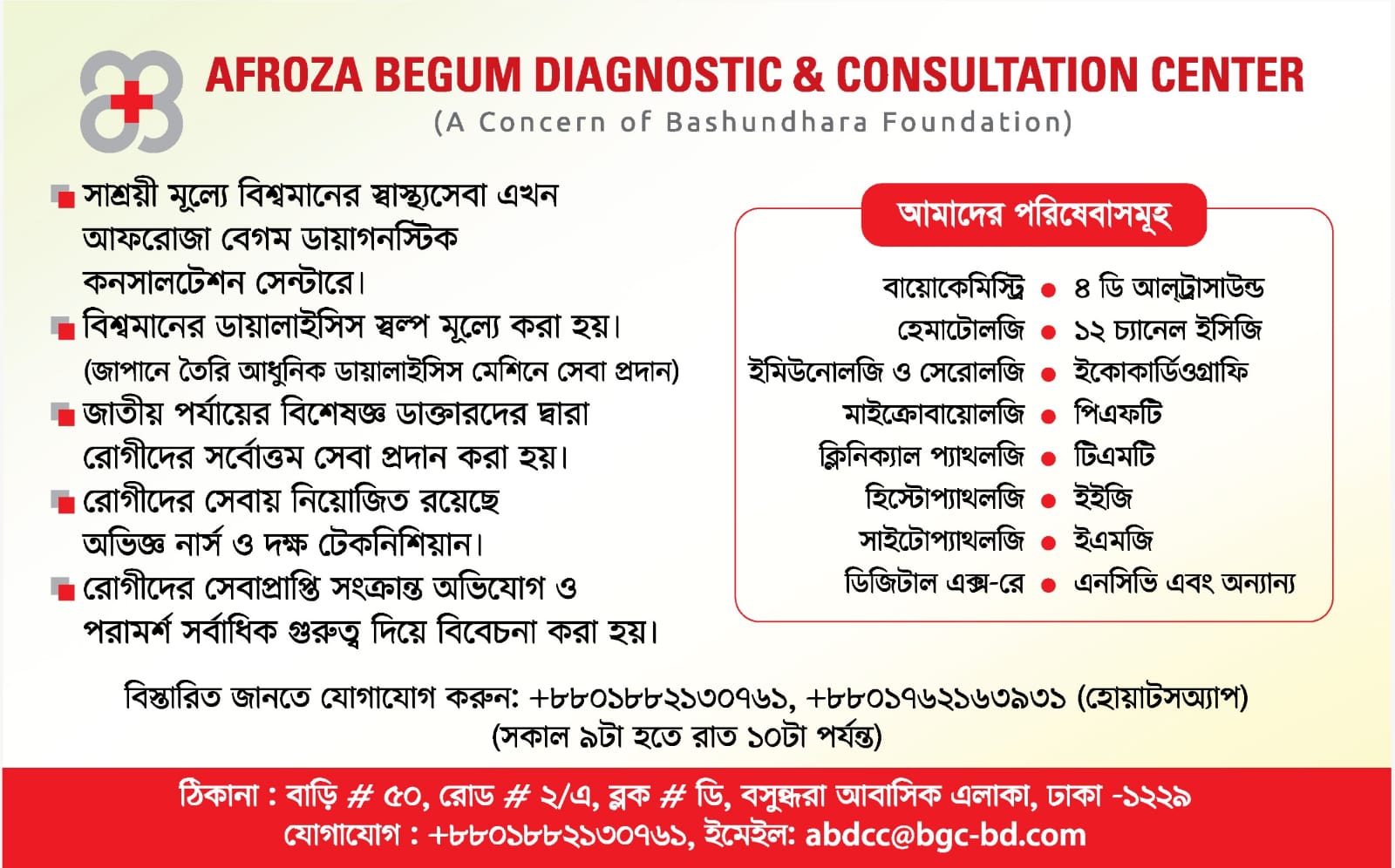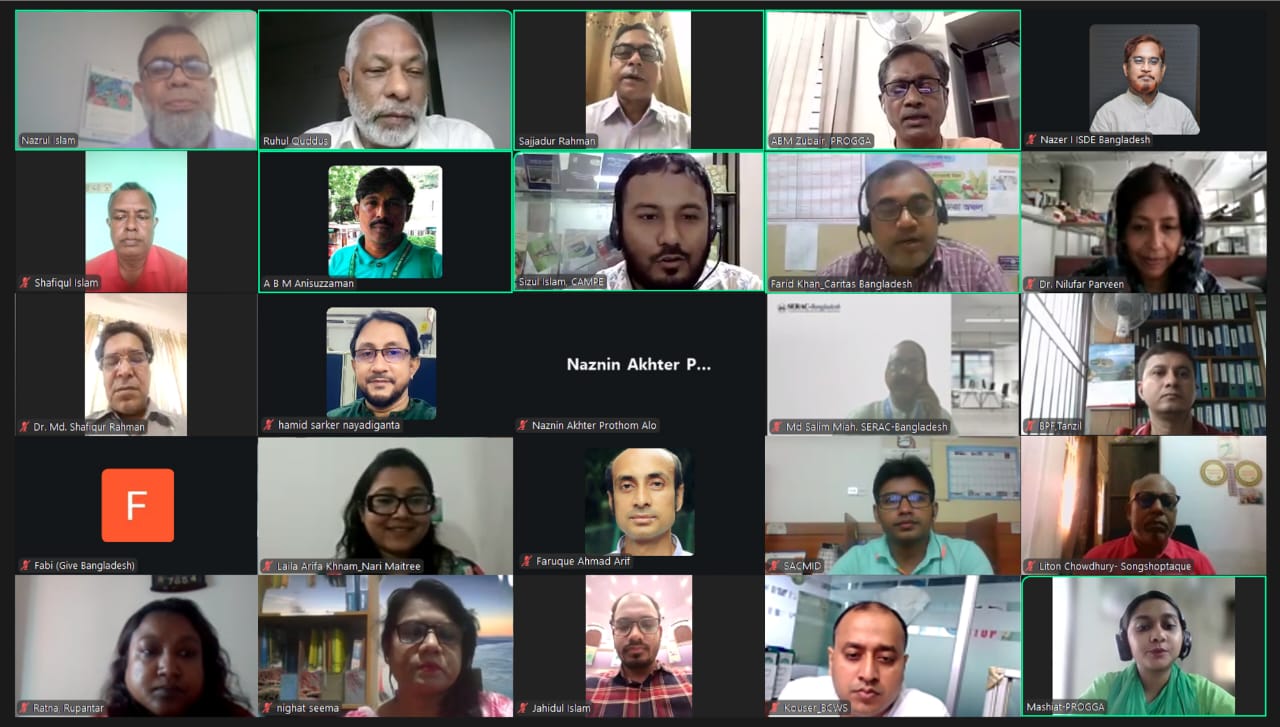
Staff Reporter : Birth and death registration is not only vital for safeguarding citizens’ fundamental rights such as access to education, healthcare, and voting, but also plays a transformative role in development planning, public health management, budget allocation, and good governance. Although the Government of Bangladesh has committed to ensuring universal birth and death registration by 2030, some major weaknesses in the current law remain a challenge to achieving this goal.

On Monday, 6 October 2025, experts highlighted these issues at a webinar, titled “Birth and Death Registration in Bangladesh: Progress, Challenges, and Way Forward”, organized by PROGGA (Knowledge for Progress), with support from the Global Health Advocacy Incubator (GHAI), on the occasion of National Birth and Death Registration Day 2025.
During the webinar, it was revealed that the current birth registration rate in Bangladesh stands at only 50% and the death registration rate at 47%, compared to the global averages of 77% and 74% respectively. While other South Asian countries such as the Maldives and Sri Lanka have already achieved near-universal registration, Bangladesh continues to lag significantly behind.

Experts emphasized that amending the Birth and Death Registration Act, 2004 to legally assign hospitals and healthcare facilities the responsibility of registration would accelerate progress. Such a reform would automatically ensure the registration of nearly 67% of children born in healthcare facilities. Death registration would strengthen inheritance rights, social protection, and women’s rights. Moreover, correction fees for applications to amend errors in registration certificates within 45 days of a birth or death should be waived, and the preparation of “Vital Statistics” using registration data should be mandated through the Bangladesh Bureau of Statistics.

Muhammad Ruhul Quddus, Bangladesh Country Lead, GHAI, said, “Assigning the responsibility to healthcare facilities through legal reform will make it possible to include everyone under registration coverage by 2030. It is also instrumental in achieving SDG target 16.9 that requires providing legal identity for all, including birth registration.”
Md. Nazrul Islam, Country Coordinator, Vital Strategies said, “In addition to law amendment, effective implementation of the existing law must be ensured through raising public awareness on registration, addressing workforce shortages, resolving technical problems, streamlining procedures, and ensuring better coordination with the relevant sectors.”
Other discussants at the webinar included Sajjadur Rahman, Deputy Editor, The Business Standard. Journalists from print, television, and online media, along with civil society representatives and subject experts, also joined the event. The webinar was presided over by ABM Zubair, Executive Director of PROGGA, and moderated by Coordinator Mashiat Abedin, who also delivered the keynote presentation.

